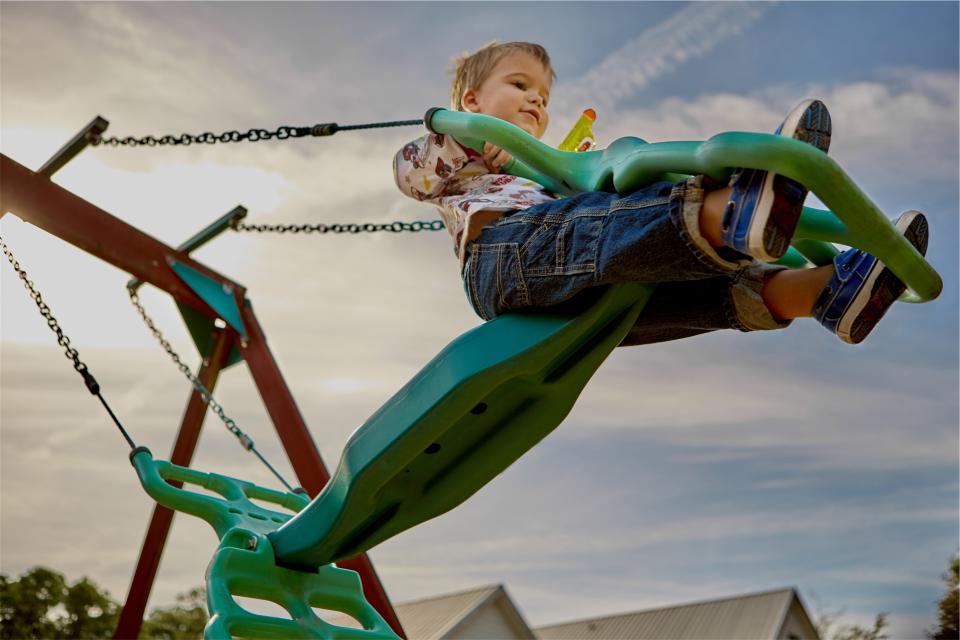
Child care providers are responsible for providing the children they care for with a safe and nurturing environment, but some fall short of that duty. Parents may want to take the advice “trust, but verify” to heart before leaving a child with an independent child care provider or at a daycare facility. Here are some red flags to watch out for in a daycare environment:
1. The facility has inadequate staff-to-child ratios. A child care provider can have qualifying credentials but still fall short of his or her duties when caring for a large number of children. If you notice that a daycare center has a large adult-to-child ratio, your child may not receive the attention he or she needs throughout the day. Look for the following staff-to-child ratios:
• One staff member for every three babies
• One staff member for every 4-6 toddlers
• One staff member for every 9 pre-school aged children
2. The facility employs underqualified personnel. Some daycare centers look for loopholes in state staffing requirements. To ensure your child is safe while you are away, look for facilities that are willing to present credentials for all staff members—including in-house training programs and CPR/first aid certifications.
Ask a potential daycare facility about its on-duty practice (i.e., how many CPR professionals will be on duty throughout the day and if the center allows non-credentialed employees to interact with the children).
3. Signs that your child is not receiving adequate medication. Daycares are responsible for administering medication at a parent’s direction, but only if they have written parental consent and administration instructions. Parents should always double check medication amounts to ensure their children receive proper dosing and contact a qualified health provider with any concerns regarding negligence, improper administration, or any type of medication drug errors.
4. The facility has vague or non-existent safety practices. From administering sunscreen to putting children down for a nap, a daycare center should have clear guidelines for all facility practices. Communication and safety keep children safe. Ask about the center’s practices for moving children between rooms/locations, helping children use the restroom, and reducing the likelihood of sudden infant death syndrome. Daycare centers should keep all potentially hazardous substances locked and out of a young child’s hands.
5. The facility looks extremely dated. Anyone who cares for a child should use childcare equipment and products that meet the latest safety standards and practices. Licensed daycare facilities must undergo inspections. Ask to review an inspection report and visually examine the center for any potentially dangerous products. Talk to the daycare administrator about practices for throwing away products and maintaining a safe play space.
6. Signs of poor hygiene. The occasional cold going around is normal, but if your child is constantly sick, take a closer look. The way a daycare facility manages cleanliness and sanitation goes a long way toward preventing illness. Ask about changing table sanitation, hand washing practices, and area disinfecting practices. Make sure your child has had the recommended immunizations for further protection.
7. Signs of poor food handling practices. Look for food containers left out in the kitchen area and bottles in the nursery. Daycares should refrigerate all perishables, including breast milk and mixed formulas, according to parental instruction. If your child has food allergies, ask about practices to reduce the risk of cross-contamination. Label your child’s food, and ask about preparation practices to reduce the risk of illness via foodborne contamination. Food poisoning is a common occurrence at daycares, so seeing how a daycare facility stores, makes, and handles their food is an important part of ensuring your child's safety while at daycare.
Friendliness is not a good indication of daycare safety. To ensure your child’s safety, you have the right to ask about anything that concerns you. If your child does suffer a preventable injury at daycare, including contracting a severe sunburn or catching a foodborne illness, contact and obtain the neccessary medical attention for your child and then get ahold of an injury attorney that can help you recover the compensation needed to help pay for any medical expenses.



























